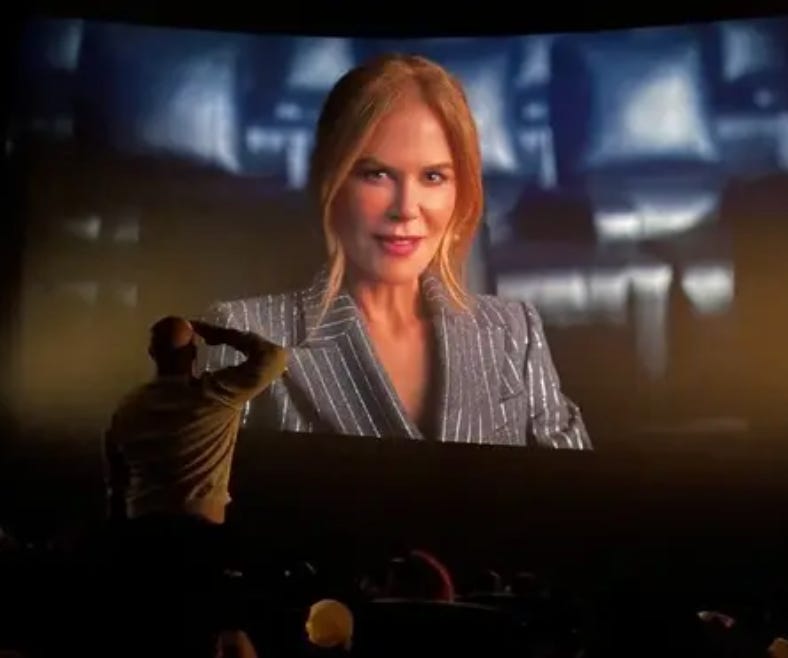The Definitive White Pages Guide To Christmas Movies
A very special episode to round out the year
What is The White Pages Guide to Christmas Movies?
It’s a list of Christmas movies, with thoughts about what they teach us about Whiteness.
Why?
Would you rather I write another 3000 word essay about cultural appropriation or class fakery? I don’t mean that as a threat. I liked those essays. But I assume both of our brains have turned off by this point in …



